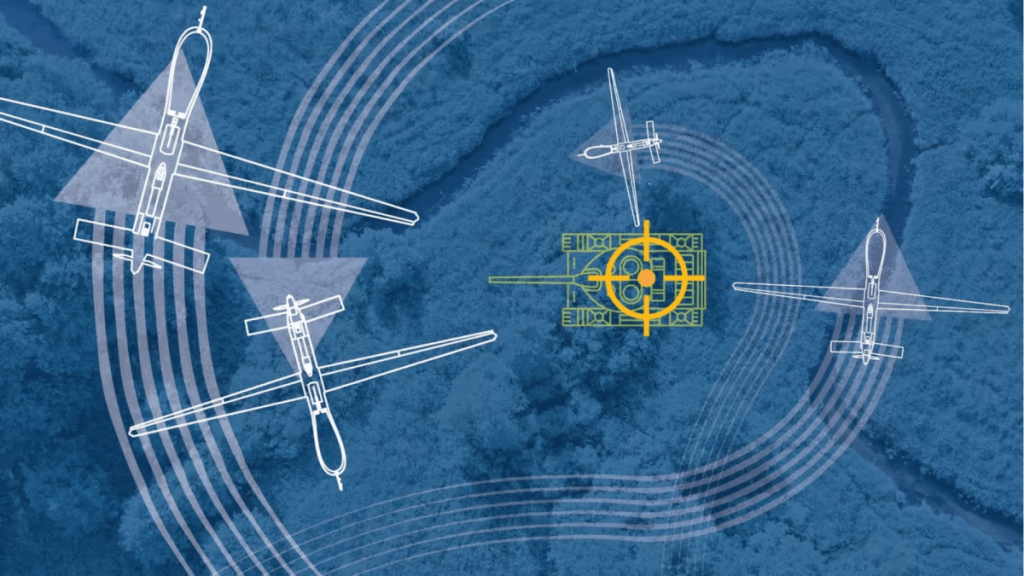Understanding Targeted Killings: Impacts, Ethics, and Legal Perspectives
When the U.S. drone strike killed Iranian General Qasem Soleimani in Baghdad in January 2020, it brought the practice of targeted killings into stark relief. This act of violence was perceived by some as a necessary measure against a dangerous adversary, yet it ignited fiery debates about its legality, morality, and ethical implications. The modern landscape of warfare has increasingly featured targeted killing as a strategy in counterterrorism, where precision and adherence to international law are touted as essential principles.
The Strategic Value of Targeted Killings
In the aftermath of the 9/11 attacks, the United States and its allies adopted targeted strikes against leaders of terrorist organizations, utilizing advanced weaponry such as drones. For instance, Israel has a well-documented history of employing “decapitation” strikes to neutralize key figures from groups like Hamas and Hezbollah, aiming to preclude their ability to carry out attacks.
Proponents argue that targeted killings offer significant tactical advantages. They are framed as high-precision alternatives to large-scale military campaigns, allowing countries to minimize collateral damage and avoid extended troop deployments. An empirical analysis reveals that targeted operations can dismantle key terrorist networks and disrupt planning activities with comparatively less bloodshed.
Significant cases like the elimination of Osama bin Laden in 2011 illustrated the effectiveness of this strategy. Bin Laden’s absence not only dealt a blow to al-Qaeda but also led to internal discord within the organization. Similarly, the U.S. drone strike that killed Ayman al-Zawahiri in 2022 continued this trend of weakening terrorist leadership, showcasing how targeted killings can significantly degrade the capabilities of extremist factions.
Precision Through Technological Advancements
The evolution of technology has played a pivotal role in the increasing reliance on targeted killings. Modern militaries utilize high-tech surveillance and weaponry, which enhance their ability to engage specific targets with minimal collateral damage. Drones, augmented by artificial intelligence, allow for refined tracking and identification processes, theoretically improving strike accuracy.
However, this technological prowess can lead to significant ethical dilemmas. High-tempo strikes sometimes incite civilian harm, as illustrated in the ongoing Gaza conflict. While advanced algorithms may enhance precision, they can also escalate military operations without sufficient oversight or ethical constraints, risking the blurring of legal distinctions between lawful strikes and extrajudicial executions.
Legal and Ethical Controversies
Targeted killings occupy a contentious legal gray area. Central to this debate is the question of whether they represent legitimate acts of war or unlawful extrajudicial executions. The striking case of Anwar al-Awlaki, an American citizen killed by a drone strike without due process, exemplifies this dilemma. Critics argue that his killing violated the Fifth Amendment rights, concentrating the roles of judge, jury, and executioner within one branch of government.
For supporters, however, the realities of warfare justify such actions. They contend that Awlaki had aligned with al-Qaeda, therefore becoming an enemy combatant. Under these circumstances, his elimination was viewed as a necessary measure for national defense. This perspective underscores the contentious nature of defining legality in such operations, highlighting the need for clearly defined protocols and comprehensive oversight.
International legal frameworks further complicate the discourse. Targeted killings that occur outside active war zones often challenge principles of state sovereignty, as they can happen without host nation consent. The U.S. drone strike on Soleimani illustrates this tension, as Iraq condemned the attack as a violation of its sovereignty, calling into question the application of international law in such scenarios.
Consequences and Strategic Risks
Even when a targeted killing achieves its immediate military objectives, the broader implications must be closely scrutinized. For instance, a seemingly successful strike can lead to retaliatory actions from targeted groups, escalating conflicts rather than resolving them. After Soleimani’s killing, Iran launched ballistic missiles at U.S. bases in Iraq, heightening tensions drastically.
Moreover, executing high-profile leaders can also create power vacuums that new, potentially more radical leaders might exploit. Historical cases indicate that removing certain insurgent leaders has led to the emergence of more extremist factions, further destabilizing regions. Such dynamics underscore the necessity of recognizing targeted killings within a broader strategic framework, emphasizing that these actions, while tactically effective, can provoke unintended consequences.
Institutionalizing Accountability
To navigate the complexities surrounding targeted killings, it is crucial for the international community to establish frameworks governing such operations. Clear guidelines must be implemented to regulate when and how targeted strikes are authorized. High-level scrutiny of intelligence, interagency review, and audit mechanisms can help mitigate the risks associated with these operations.
Additionally, governments must foster transparency in the aftermath of targeted killings. While operational details may remain classified, providing recorded assessments of the actions taken will enhance accountability. Establishing independent review bodies to monitor compliance with laws and frameworks can further build trust and mitigate the perception of these strikes as indiscriminate.
Lastly, an appeal to values and leadership is essential. Decision-makers must balance operational effectiveness with ethical restraint, considering the long-term ramifications of each strike. Recognizing the constraints of human judgment, leaders must consistently apply caution to ensure that targeted killings serve their intended purpose without exacerbating existing conflicts or grievances.
With structured frameworks and accountability mechanisms in place, the practice of targeted killing can remain a viable tool in modern conflict, aligning it more closely with international laws and ethical standards.

